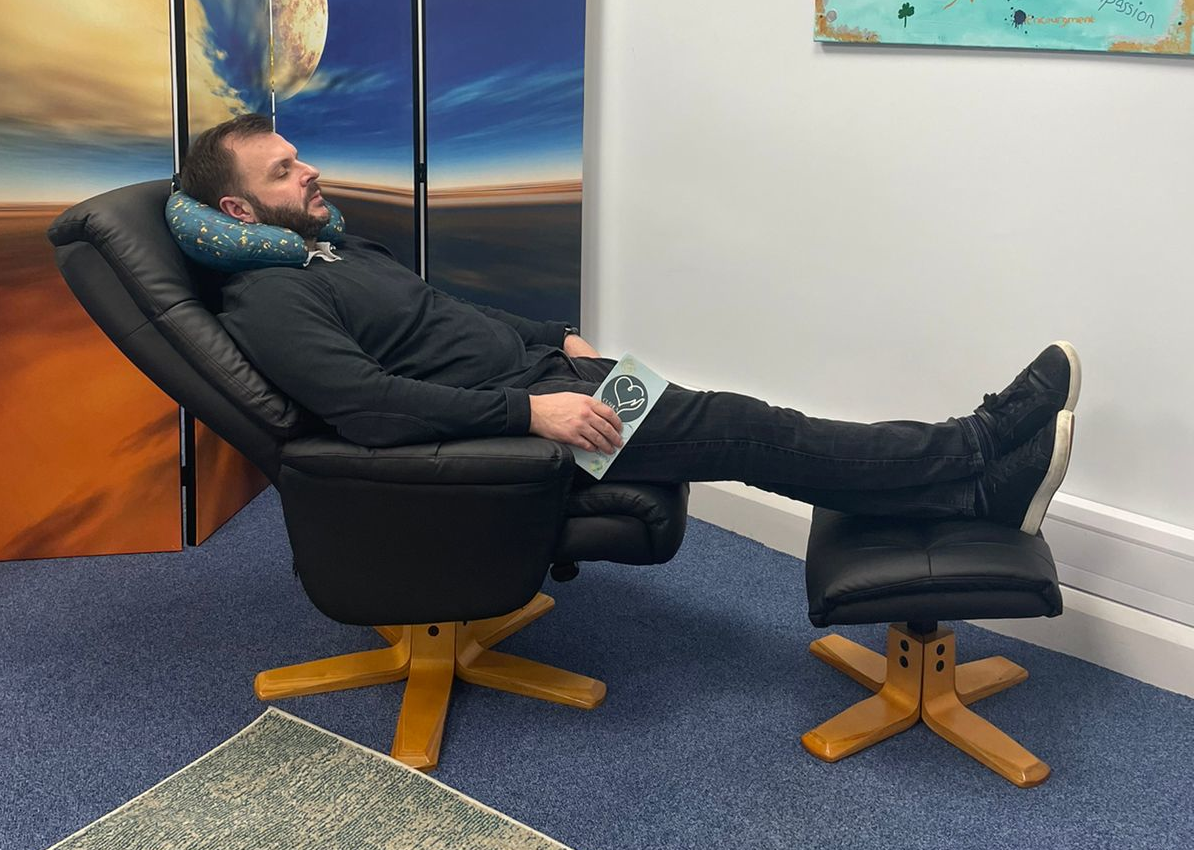Working Time
- Mon-Thu 09:00 – 17:00
Friday 09:00 – 16:30
Saturday Closed
Sunday Closed
Contact Info
-
Phone: Please use the contact form
-
info@cushlamentalhealththerapies.com/
Ask CUSHLA
Mental Health & Well-Being

Mental Health refers to cognitive, behavioural and emotional well-being. We sometimes use the term ‘mental health’ to mean the absence of mental disorder
.The World Health Organisation (W H O ) suggest
‘Mental Health is a state of well-being in which an individual realises his or her own abilities , can cope with the normal stresses of life, work productively and is able to make a contribution to his/her community’
So it’s more than the absence of mental disorder and it can affect daily living , relationships and physical health. The reverse is also true in that relationship issues and physical health can also contribute to mental health disturbances
There are many factors that can affect our quality of life
MIND U.K purports that every year 1 in 4 of us will experience a mental health problem and hundreds of thousands of people are still struggling.
Evidence suggests there are 5 steps to improving Mental health and well-being and the NHS report that the following will help you feel more positive and promote a better quality of life.
-
- Connect with others
- Be physically active
- Learn new skills
- Give to others
- Be Mindful (be in the moment)
Although this sounds simple, when you live with the mental health issues of isolation, low self- esteem, low self-worth and motivation, it can be a barrier to those activities.
The first step may be just to reach out to someone. Talk, Discuss, Ventilate, Share.
Find the person or service that works for you from friend, partner, relative, G.P, Pastor Mentor, advice line or therapist. It’s never too soon to seek help.
If you are signposted or choose therapy you must understand that treatment is individual and what works for one may not work for another.
These treatments include psychotherapy or ‘talk therapies’ eg DBT, CBT, EMDR, Counselling
This therapy uses a psychological approach and helps people identify the root of the issues. They can then learn strategies for positive behaviour change.
There are many different types of talking therapy but they all aim to :-
- give time and a safe place to talk
- help you make sense of thoughts, feelings and behaviours
- accept or change things in your life
- empower you to make choices in your life to promote well-being
Finding the right therapy and finding the right therapist are very important.
Why is it important?
You need to understand what you want help with and your expectations of therapy.
You need to understand that therapy is not a ‘quick fix’ and it might take some time to see if it’s helping you or not. Just as medication needs time to accumulate in your system to improve symptoms, therapy also needs time to address the issues and improve the impact on your life.
A good therapeutic relationship is crucial to this process and also for treatment success.
Trust, Care and Respect are fundamental to this alliance. A shared sense of ownership for the treatment will foster a positive relationship and collaboration.
Cushla encourages our clients to have an initial phone consultation where we are happy to answer your questions. We will explain the therapy options to make the booking process as easy and comfortable as possible. There is no pressure to attend a set amount of sessions but we encourage you to come along and see for yourself.
